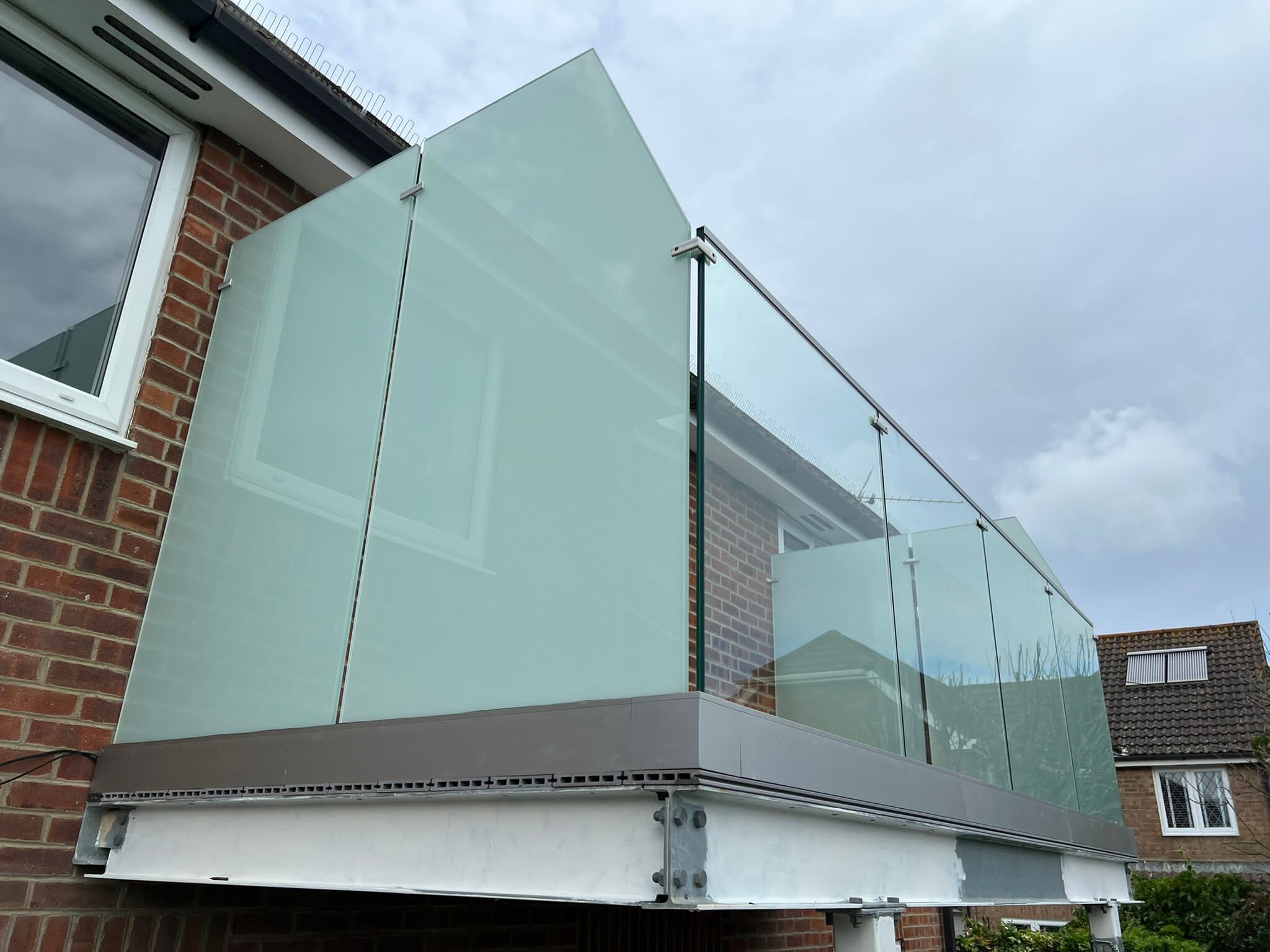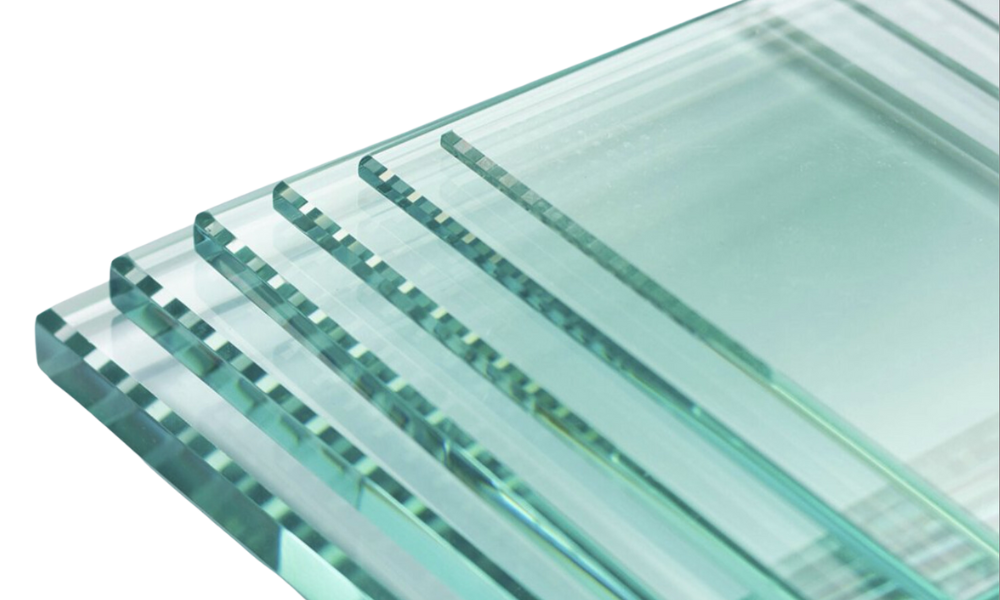The Strength and Secrets of Laminated Glass

The Strength and Secrets of Laminated Glass
What is laminated glass?
Laminated glass is a form of safety glass that holds together when it’s shattered. It has at least two layers of glass bonded with a layer of interlayer material. This tends to be ethylene-vinyl acetate (EVA) or polyvinyl butyral (PVB). If a breakage does occur, the interlayer will hold the layers of glass together to cut the risk of someone being injured by the sharp edges.
How tough is laminated glass?
Laminated glass is so tough that it can withstand the force of bullets and rocks without shattering and falling off a door frame or window. Its strength is linked to its glass layers and the resin used for the interlayer. The pressure and heating process are also responsible for its strength and help make the glass up to 100 times stiffer and 5 times stronger than standard glass.What is the cost of laminated glass?
Laminated glass is more expensive than traditional glass, and, depending on thickness, can cost between £88 and £180 per ㎡.Where can laminated glass be used?
Laminated glass is perfect for environments where safety and security are essential. It’s often used for balconies, skylights, windscreens and shopfronts. It’s often used in places prone to hurricanes, break-ins, and vandalism. It’s also able to block UV radiation, making it great for customers concerned about fading interiors.
What is a laminated glass balustrade?
A laminated glass balustrade is a protective barrier or railing. It’s often used for staircases, balconies, and terraces. It’s made of laminated glass and delivers enhances safety. This ensures that the shards stay bonded to the interlayer even if the glass is broken.How can I tell if glass is laminated?
One way to tell if glass is laminated is to look at its edge. Laminated glass has a visible layer, or multiple layers, of interlining material between the panes. You can also carry out a tap test. Laminated glass will produce a dull thud when you tap it. You'll hear a clear ringing sound when you tap other kinds of glass, including tempered glass.Laminated vs toughened glass
Tempered or toughened and laminated glass are both safety glasses, but they have different purposes. Laminated glass doesn’t have the strength of toughened glass on initial impact, but it doesn’t fall to pieces when it is hit. The plastic sheet between the two sheets of glass works as a barrier and holds the glass into place until a repair or replacement is made. Nonetheless, it does weigh more, cost more, and can look less attractive.
